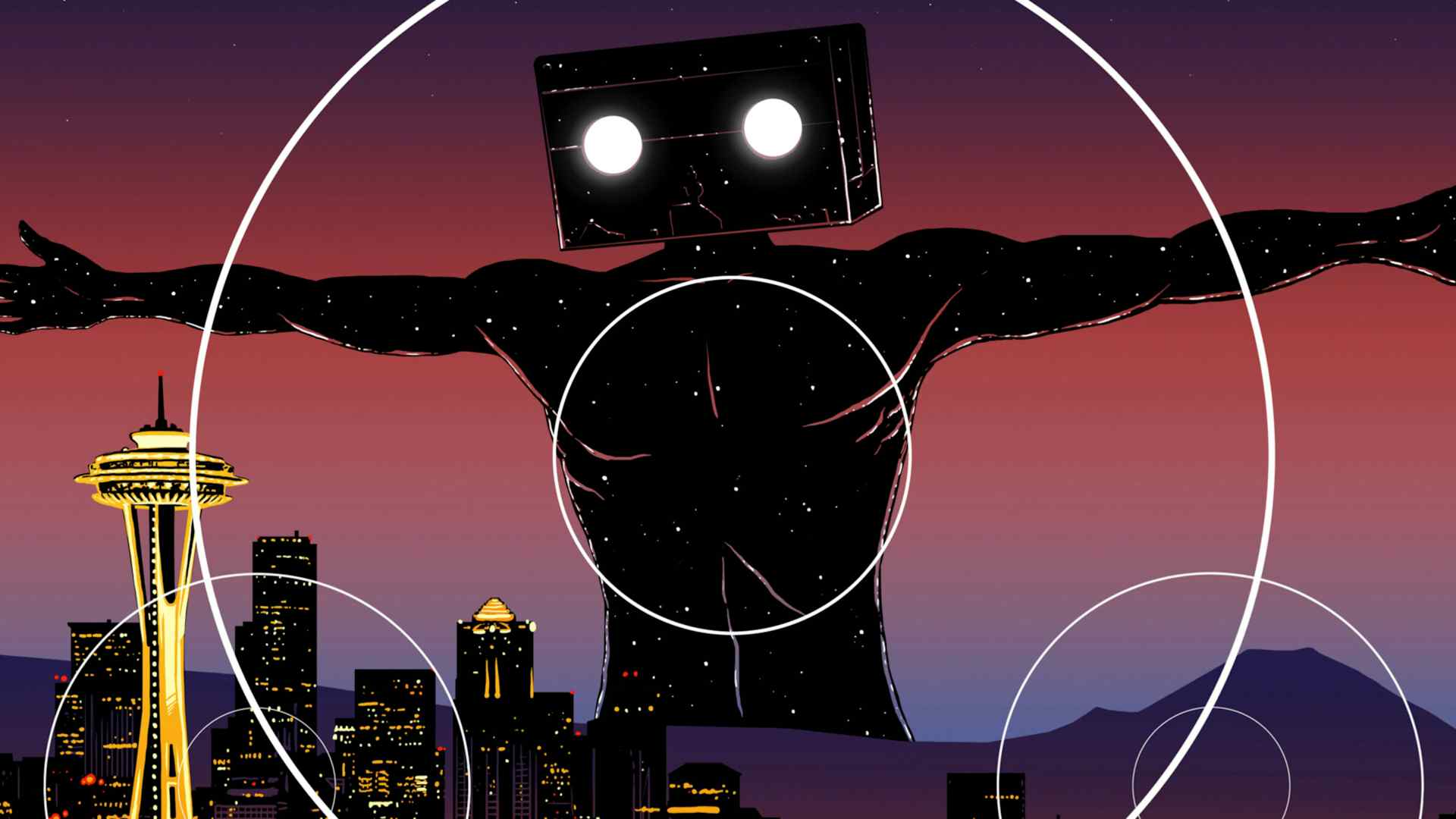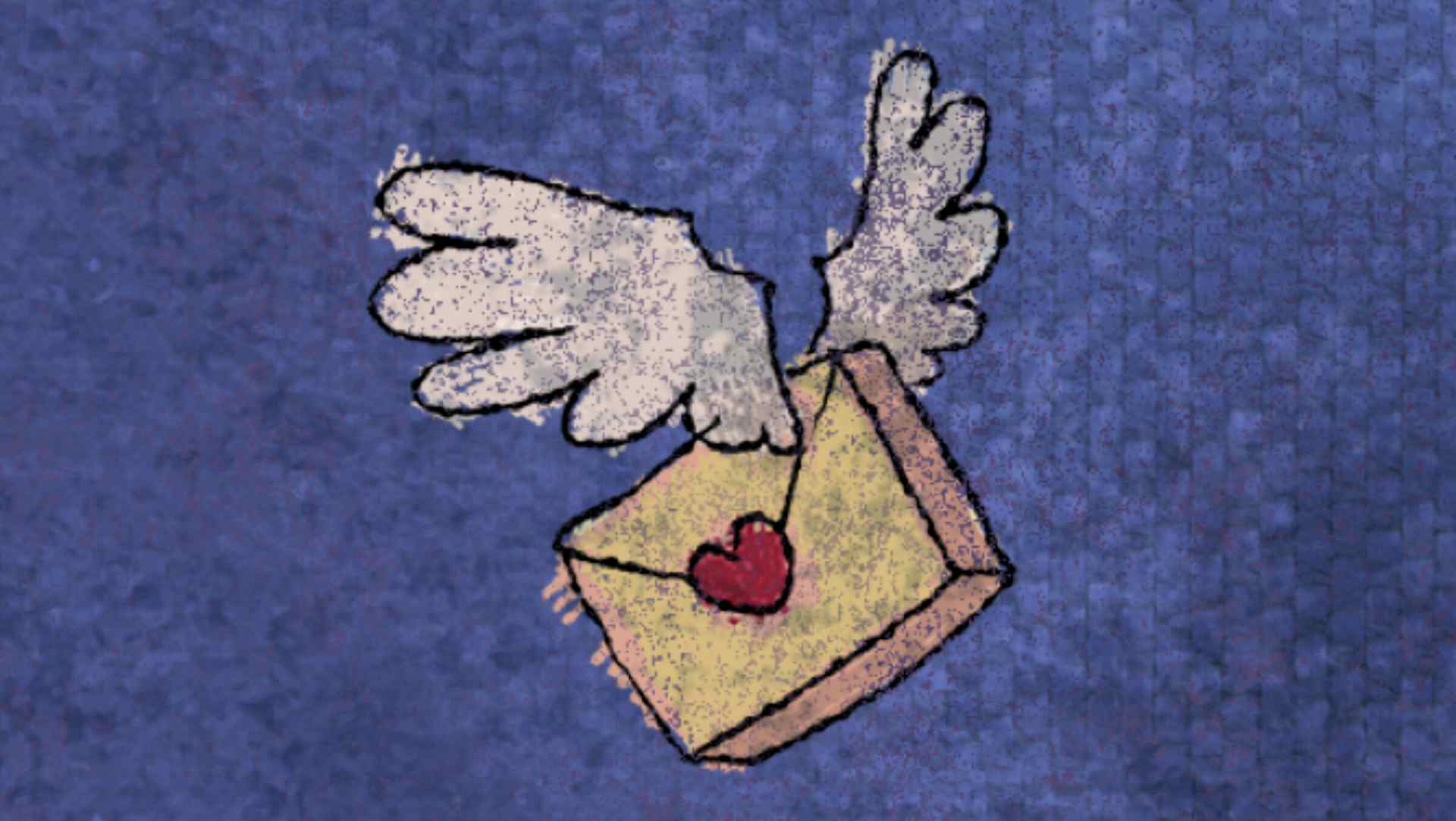Robert Horton is a Scarecrow board member and a longtime film critic. He will be contributing a series of "critic's notes" to the Scarecrow blog—a chance to highlight worthy films playing locally and connecting them to the riches of Scarecrow's collection.

The ingredients are promising in Christian Petzold's latest film: summer days spent at a friend's family seaside house, with fairy-tale hints in the air (after their car breaks down, the two pals reach the place by walking through a forest, its trees alive with odds sounds and animals). Leon (Thomas Schubert) is working on his second novel, and craves the time needed to complete it; Felix (Langston Uibel) is preparing a photo portfolio for art school. Much to Leon's annoyance—and he doesn't need much prompting to be annoyed—one room of the house is already taken, by Felix's distant acquaintance Nadja (Paula Beer, returning from Petzold's Undine and Transit), a cheerful type.
Only two other people play significant roles in this would-be idyll: Devid (Enno Trebs), a local lifeguard (he prefers the term "rescue swimmer," a running gag), who begins the film as Nadja's casual playmate, and Helmut (Matthias Brandt, spot on), Leon's book editor, who visits for a manuscript consultation, a memorably uncomfortable scene. The vaguely fairy-tale atmosphere is not the only thing in the air, as nearby forest fires present ash and reddish skies at key moments. The field is prepared for Leon's comeuppance, as his imperious grumpiness is clearly due for a re-set, but Petzold has larger things in store, and this is where Afire sputters.
Petzold's red skies are a warning light for climate change, and this looming catastrophe flicks around the edges of Afire like the menace in an M. Night Shyamalan movie. (There are images and sounds and cuts in Petzold's films that suggest he could make a strong flat-out horror picture, if he wanted to.) Leon, with his head sunk in his new novel, and his energy geared toward belittling others, misses the disaster almost entirely. This idea isn't exactly subtle, but at least it works as a visual element. Less welcome is the film's turn toward melodrama in the final half-hour. The impulse to ratchet up the action and reach for the meaningful summation strikes me as awkwardly close to Leon's immature writing, as though Petzold realized he'd need something large for the final act.
That's too bad, because there is much about the film that is enjoyable, especially Schubert's portrait of an unhappy schlub. Petzold has mentioned admiring the form of Eric Rohmer's films, and you can understand why some critics have cited Rohmer in describing this film's casual summer mood and spiked, searching conversations. But Rohmer had the confidence to let his situations remain in minor-key quietude. Afire has intrigue, and various pleasures, but it finally overplays its hand in a way that feels like a retreat.
July 28, 2023
Robert Horton is a member of the National Society of Film Critics.


